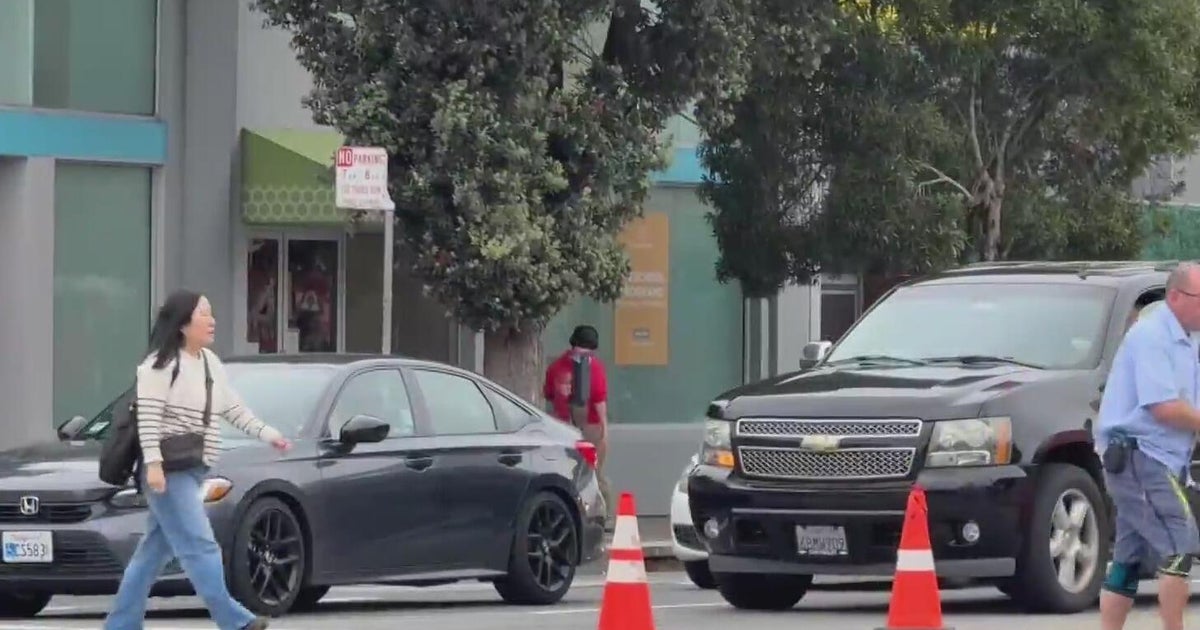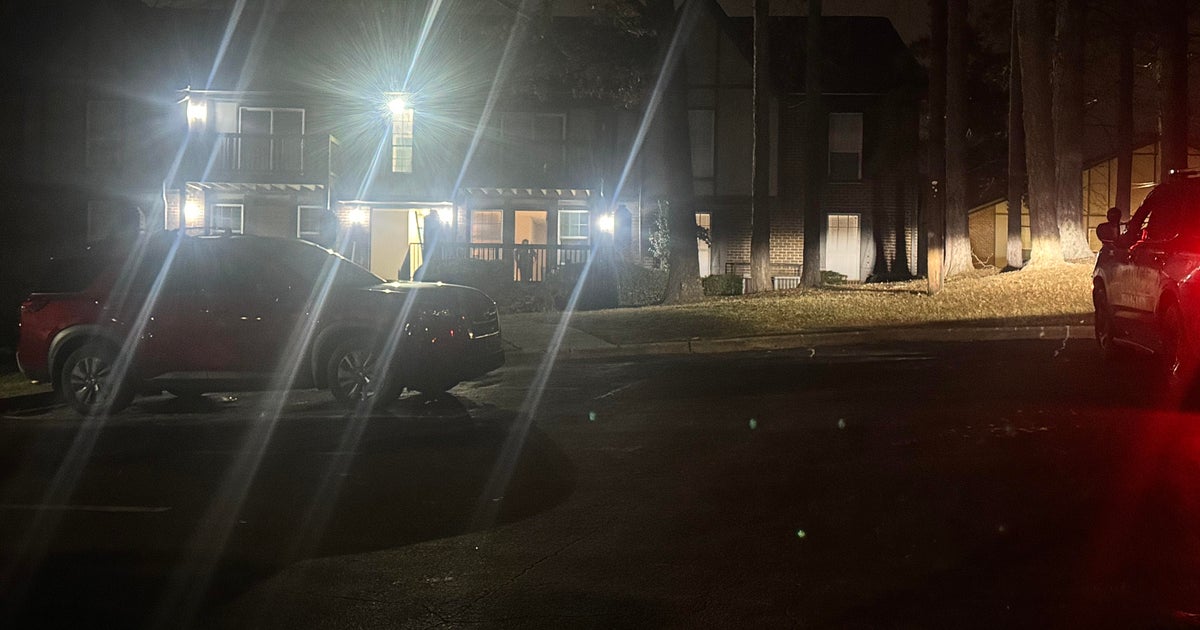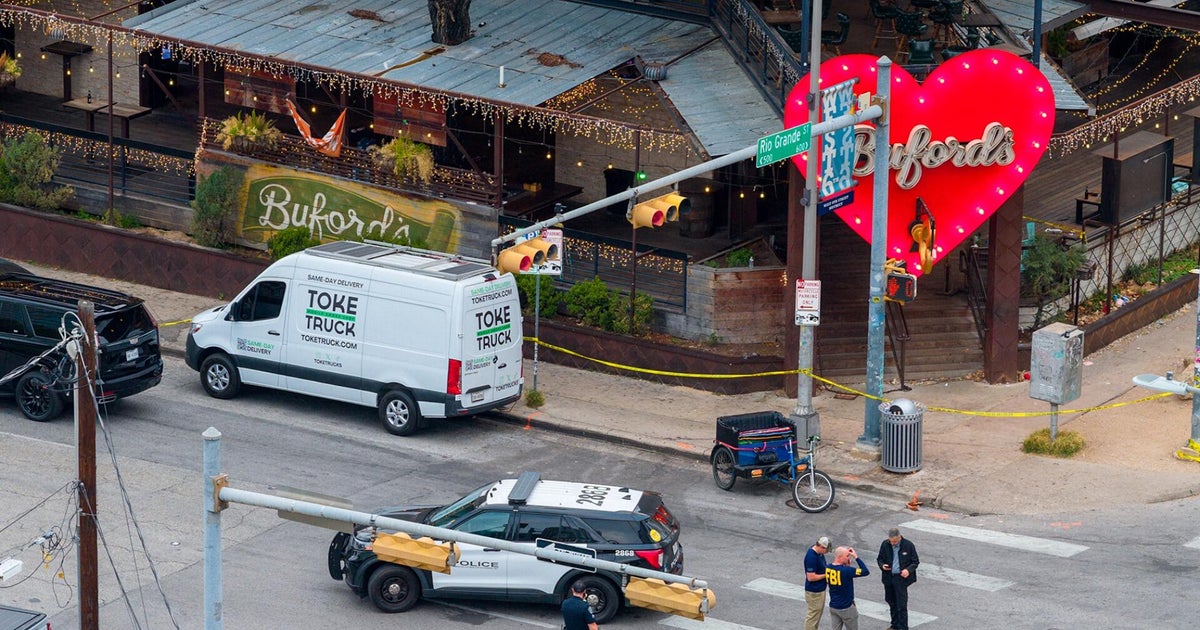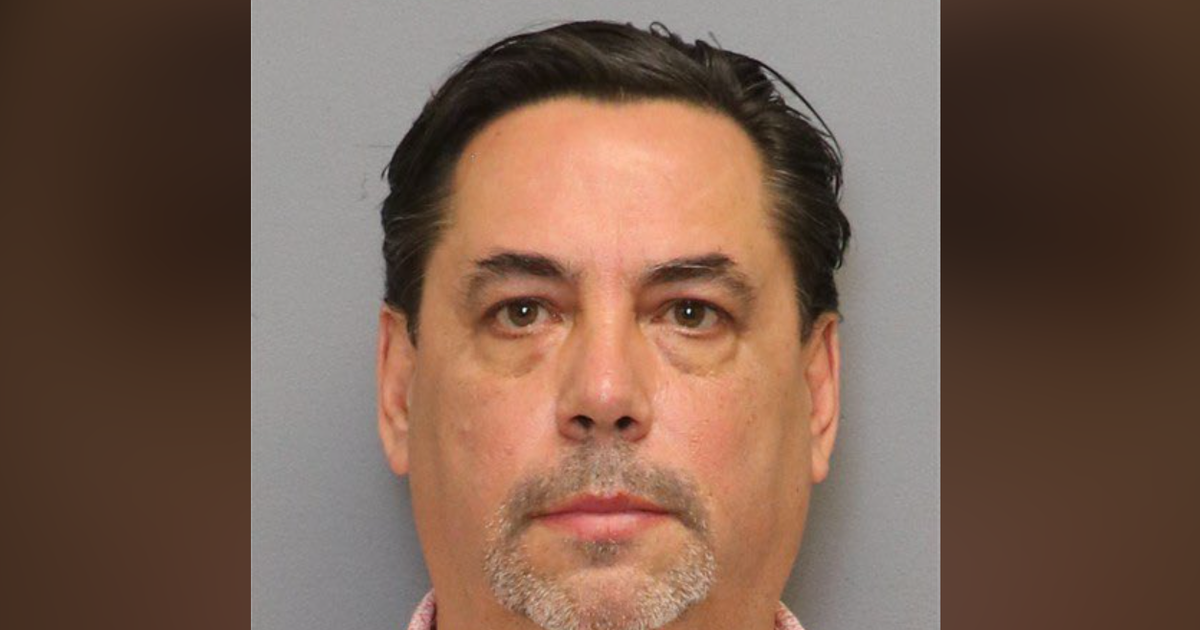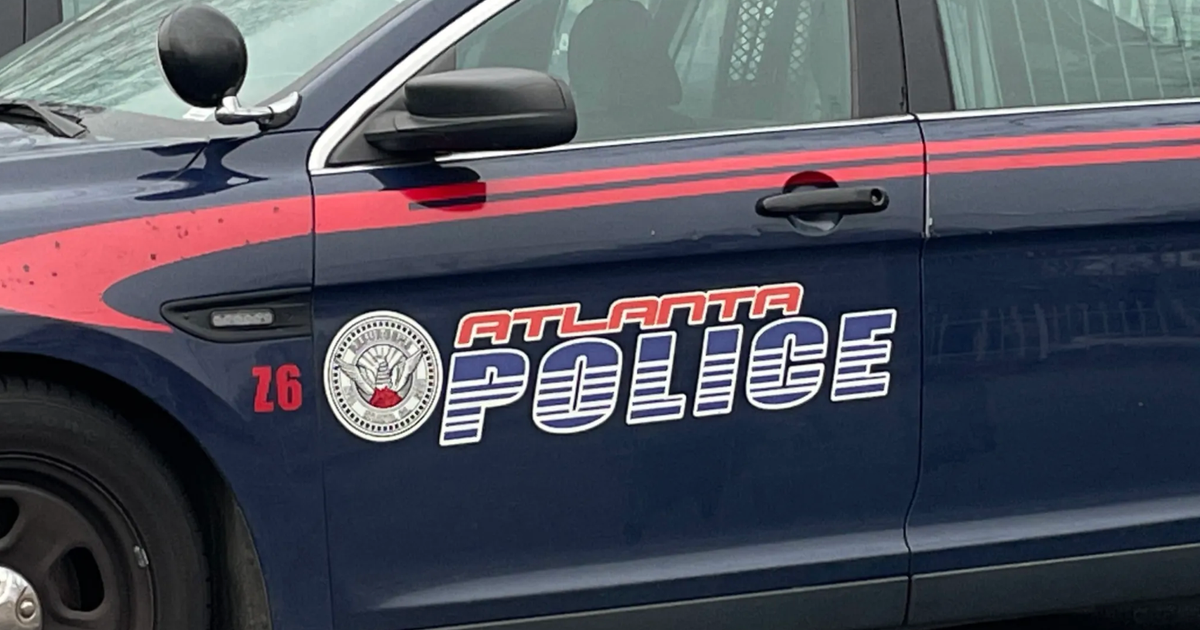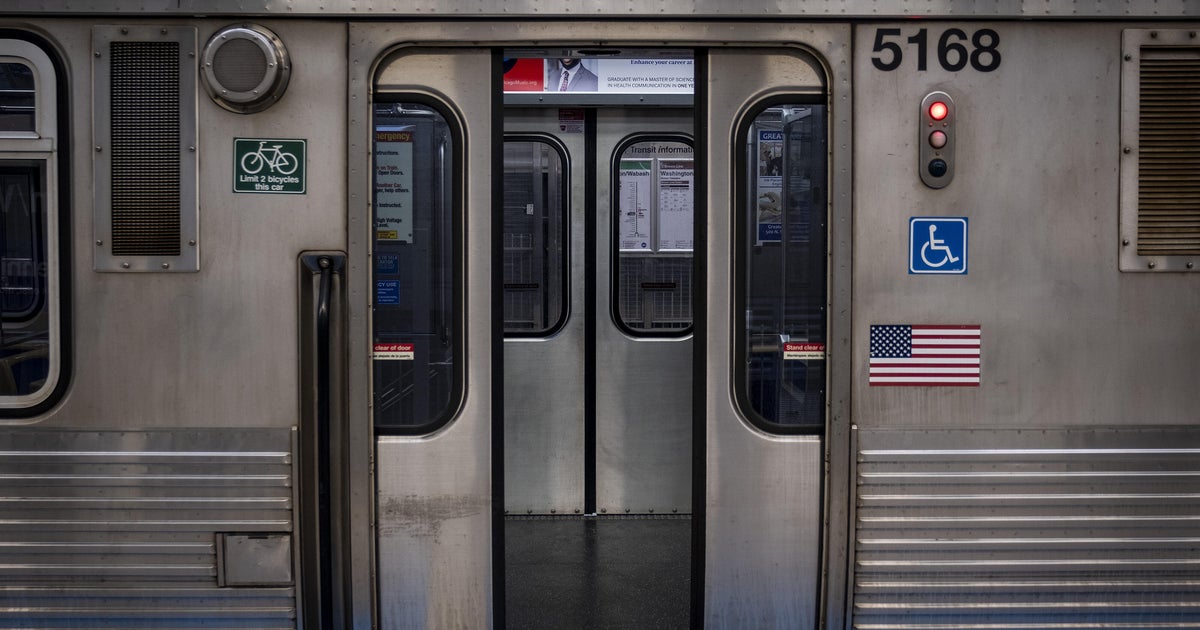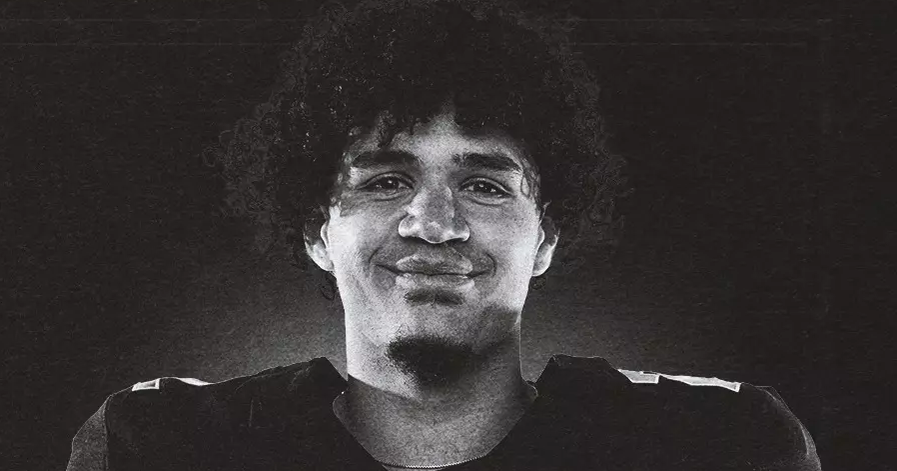The Questions Investigators Will Be Asking After Amtrak Derailment
Follow CBSMIAMI.COM: Facebook | Twitter
DUPONT, WASHINGTON (CNN) -- The 20-member National Transportation Safety Board go-team that's been rushed to the scene of the deadly train derailment in Washington state will be interviewing those who were on board and scouring recorded data and other evidence.
The Amtrak train -- making its inaugural trip on modified track -- went off the tracks Monday near DuPont, spilling 13 of 14 cars and killing several on board, officials said.
Here's some of what federal investigators will be studying in the days and months ahead:
Black box
The so-called black box, or event recorder, should provide plenty of answers to questions, CNN transportation correspondent Rene Marsh told Brooke Baldwin. It will have information on the train's speed, braking and other operational data, said Russ Quimby, a former NTSB safety investigator.
Speed of the train
The route was graded for a maximum speed of 79 miles per hour, Marsh said. Investigators will want to know what the speed limit was for the curve where the crash occurred.
"It could have been a lot slower in that section of track," Marsh said.
Quimby and CNN analyst Mary Schiavo, former Department of Transportation inspector general, said an early look indicates speed might have been an issue.
Amtrak CEO Richard Anderson said positive train control was not activated on the Cascades service track at the time. The system combines GPS, wireless radio and computers to monitor trains and stop them from colliding, derailing or speeding.
Mechanics of the train
Marsh said the NTSB team will focus "very closely on the track. Was there something wrong with this track? The mechanics of the train, was it operating properly?"
John Hiatt, a former railroad engineer who investigates incidents for a law firm, said he would have expected the cars to be farther from the track if speed was the principal factor. He wondered whether the train suffered a track malfunction.
Railroad signals also will be examined. The derailment occurred on a span over Interstate 5.
Human performance
The federal go-team will interview the engineer, conductor and the other three crew members.
"A very long list of information, everything from how much sleep they got the night before to what they ate this morning, any medications they may be on," said Marsh.
Emergency radio transmissions between the conductor and the dispatcher were dramatic:
Dispatcher: Hey guys, what happened?
AMTRAK 501: Uh, we were coming around the corner to take the bridge over I-5 there, right north into Nisqually and we went on the ground.
Dispatcher: ...Is everybody OK?
AMTRAK 501: I'm still figuring that out. We got cars everywhere and down onto the highway.
Marsh said investigators will want to know whether the crew was familiar with the new route. Deborah Hersman, former chairman of the NTSB, told CNN that the crew would have been made familiar with the route's terrain, topography and speed limits.
Condition of the track
The Washington State Department of Transportation said it had received grants to improve the existing freight tracks for passenger use.
"Today was the first day of public use of the tracks, after weeks of inspection and training," the agency said in a statement.
(©2017 Cable News Network, Inc., a Time Warner Company. All rights reserved.)
